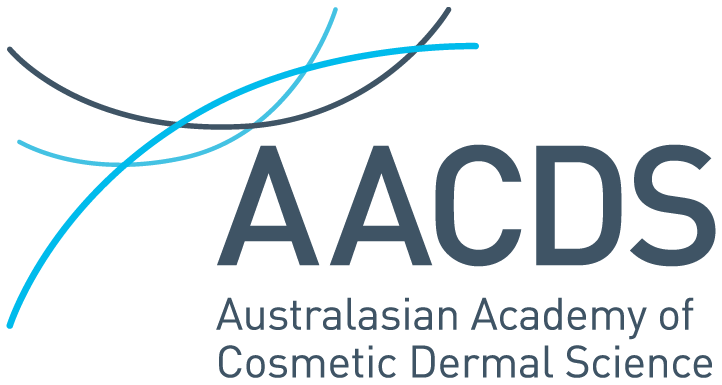Why You Need to be Aware of Nasal Sprays for Tanning

One of the latest trends gaining popularity on social media is using nasal tanning sprays, which claim to give a natural and lasting tan without the need for sun exposure or tanning beds. However, these products are illegal in many countries and dangerous to health. A-melanocyte-stimulating hormone nasal tanning is a trend involving a spray containing a synthetic hormone called Melanotan II. It mimics the natural hormone that stimulates melanin production, the pigment that gives skin its colour. The spray is supposed to make the skin darker and more tanned when exposed to sunlight or UV rays. However, this trend is very dangerous and not recommended by doctors, as it can cause serious health risks and complications. As a Dermal Therapist or Cosmetic Nurse, it’s important you’re aware of this new trend so patient assessment can include questions surrounding the use of these sprays.
Some of the risks of using nasal tanning sprays are:
- Prolonged and painful erections (priapism), which can damage the penis and require emergency treatment1,2
- Gastrointestinal symptoms include nausea, vomiting, diarrhoea, and abdominal pain1,2
- Melanoma, a potentially life-threatening type of skin cancer that can develop from overstimulation of melanocytes1,2
- Increased risk of other skin cancers, such as basal and squamous cell carcinoma3
- Increased risk of sunburns, premature ageing, wrinkles, and skin infections3
There are no reliable studies on the safety or effectiveness of nasal tanning sprays. The FDA, TGA, or other authorities do not regulate most online products and may contain impurities or harmful additives. The long-term effects of nasal tanning sprays are unknown and may vary depending on the individual’s genetics, health status, and exposure to sunlight4,5. Therefore, it is strongly advised to avoid using nasal tanning sprays and instead use safe alternatives to get a tan whilst protecting the skin from sun damage.
As Dermal Therapists and Cosmetic Nurses, we provide safe and effective treatments for our patients and educate them about the potential risks of some cosmetic products and procedures. Before recommending any treatment or product, we should always assess our patient’s skin type, medical history, and expectations. We should also inform them of the benefits and risks of each option and advise them to avoid unapproved or unregulated products that could harm their health or compromise their results. We should encourage them to embrace their natural skin tone and appreciate its beauty and diversity. If they are looking for alternatives to nasal tanning sprays, we can suggest some of the following options3:
- Use a self-tanning lotion, serum, or spray that contains dihydroxyacetone (DHA), a natural sugar that reacts with the amino acids in the skin to create a tan-like colour. The FDA approves DHA for external use only, and it does not increase the risk of skin cancer. However, people should still wear sunscreen, as DHA does not protect the skin from UV damage.
- Wear sun-protective clothing, hats, sunglasses, and sunscreen whenever outside, especially between 10 a.m. and 4 p.m., when the sun’s rays are strongest. This will help prevent sunburns, wrinkles, age spots, and skin cancer. One can also look for clothing with a UPF (ultraviolet protection factor) rating, indicating how much UV radiation it blocks.
- Encourage patients to embrace their natural skin tone and appreciate its beauty and diversity. Remember that there is no such thing as a healthy tan and that tanning is a sign of skin damage. One can enhance their appearance with makeup, accessories, and clothing that suit their skin tone and style.
By following these guidelines, we can help our patients achieve their aesthetic goals safely and ethically and promote a positive and healthy attitude towards their skin and body.
By Dr Carol Wang, Unit Coordinator at the Australasian Academy of Cosmetic Dermal Science
References:
- healthline.com
- my.clevelandclinic.org/podcasts/health-essentials/skin-care-tips-tricks-and-trends-with-melissa-piliang
- accidentclaimsadvice.org.uk/dangers-of-using-a-nasal-tanning-spray/
- Newton, J., Reinschmidt, A., Rachel Van Gorp, B. A., & Sonstegard, A. (2024). Nasal Tanning Sprays: Illuminating the Risks of a Popular TikTok Trend.
- dermatologytimes.com/view/say-no-to-nasal-tanning-sprays

